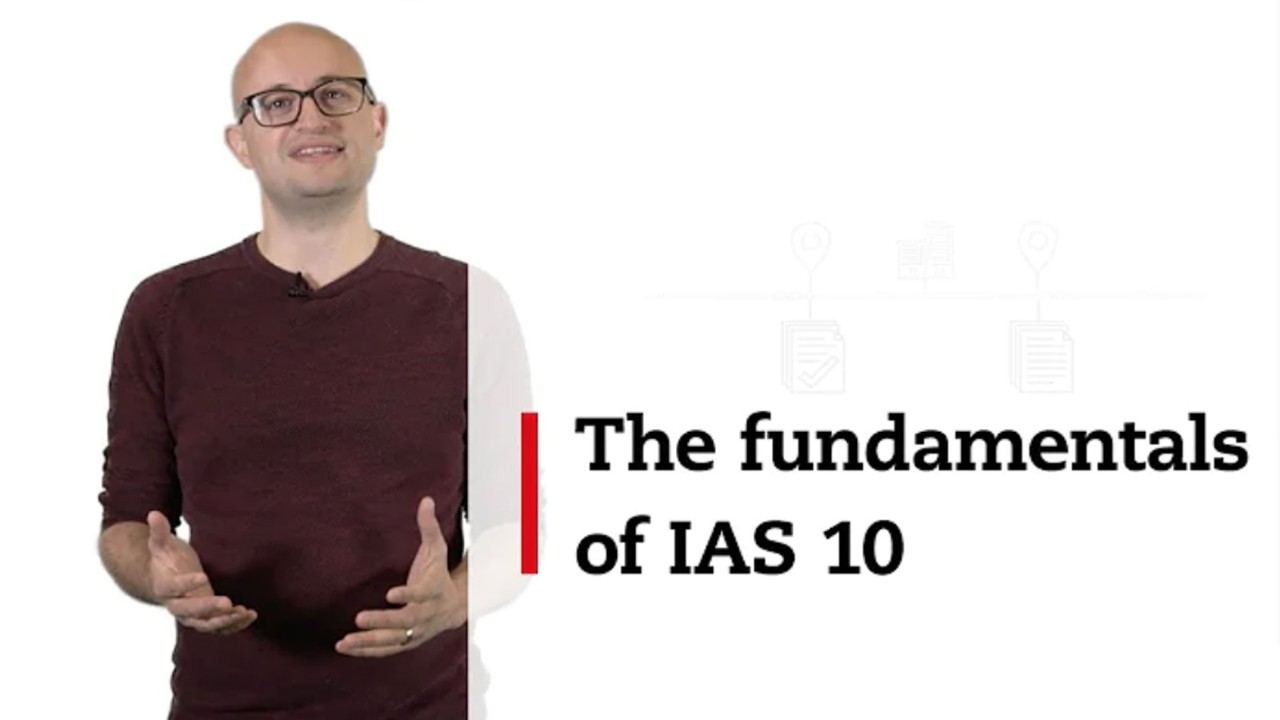
Whether it's the purchase of a fashion item, the latest electronic gadget or a memorable meal, retail therapy is said to be good for the soul – especially when someone else is footing the bill.
In Hong Kong, to motivate citizens' appetite for retail spending and accelerate economic recovery amid the Covid-19 pandemic, the government is picking up a bill to the tune of HK$36bn (US$4.6bn) through its digital consumer spending scheme.
Under the scheme, eligible Hong Kong residents have been able to register to claim electronic vouchers with a total value of HK$5,000 (US$643). To keep the spending momentum rolling, the vouchers are issued in instalments; each is required to be spent before the next one is issued, with the vouchers programmed to expire after eight months. According to government figures, 6.93 million participants out of 7.2 million eligible people have signed up for the scheme.

The Hong Kong financial secretary's office forecasts the initiative will contribute 0.7% to GDP growth this year
Spending jolt
Except for a few caveats – consumption vouchers are not allowed to be used to settle personal income tax, fines, government licence fees and parking meter charges – the vouchers can be used in all local retail, catering and service outlets and their online platforms, as well as for public transport. Spending what some residents are referring to as ‘free money’ began on 1 August, with retailers reporting a welcome spending jolt pulsating through their electronic payment systems.
A month into the government-sponsored spending spree, in the first good-news announcement since the Covid-19 pandemic decimated Hong Kong's retail industry, a number of shops and restaurants saw business increase by as much as 50%. Staying with the good news, since the rollout of the first tranche of vouchers, the Hong Kong financial secretary's office forecasts the initiative will contribute 0.7% to GDP growth this year. Government projections expect Hong Kong's economy to rebound and grow up to 6.5% this year.
While the consumption voucher scheme seems to be achieving its intended goal of stimulating the local economy, by distributing the money via designated digital payment platforms, the government has also given Hong Kong a fresh push towards becoming a cashless society. Shortly before the first consumption voucher instalments were delivered, the four designated electronic payment platforms registered more than 2.2 million new consumer accounts and more than 48,000 new retail accounts, according to figures released by the financial secretary's office.
Cash still king
While Hong Kong prides itself on being up to date with the latest technology and the authorities like to pitch the international financial hub as a ‘smart city’, for many cash remains king. This is in spite of the special administrative region being one of the first places in the world to embrace cashless payment with the now ubiquitous Octopus smartcard in 1997.
Since then, while e-payment options have mushroomed globally, and despite Hong Kong granting multiple licences for stored-value and e-payment services, uptake has been relatively slow. An older population reluctant to adopt new technologies, a deep-rooted cash culture and the fear that digital payment transactions are prone to cybersecurity risks are some of the obstacles cited for preventing Hong Kong from becoming cashless.
While it remains to be seen if scheme provides the nudge for consumers to go digital, for now, they are busy sizing up the shopping, dining and entertainment promotions being offered by shopping centres and retailers to entice them to spend their digital consumption vouchers.
They might be spending their vouchers, but Hong Kong consumers always look for a good deal and will carefully compare prices before making purchases.





